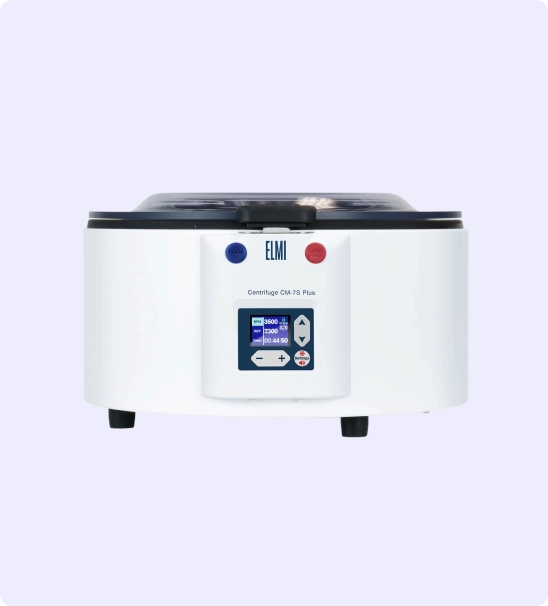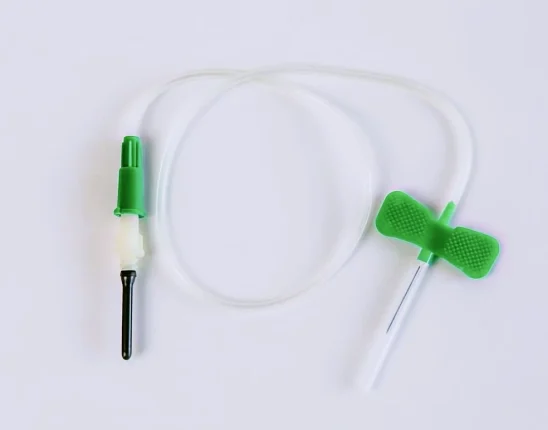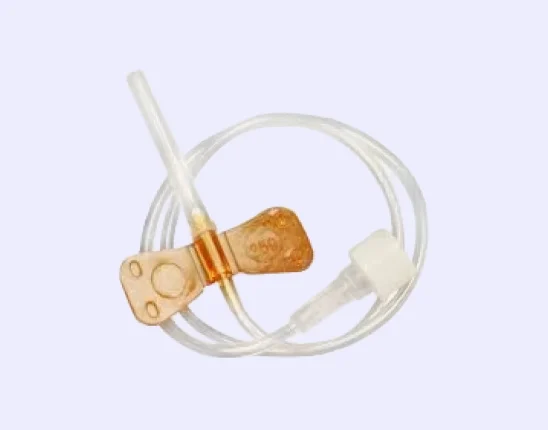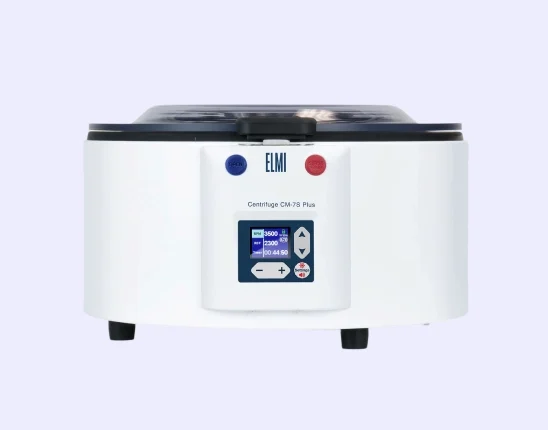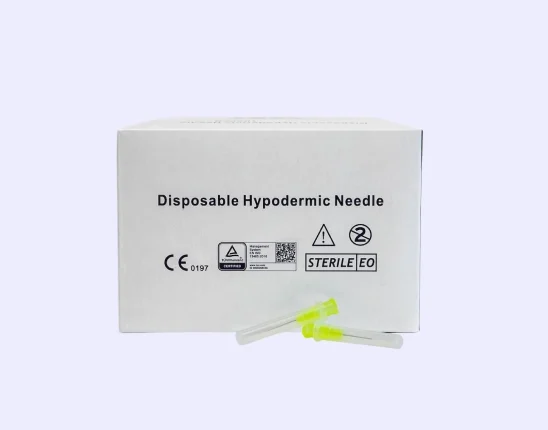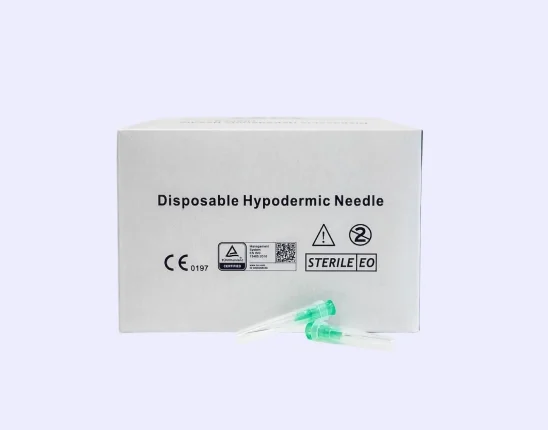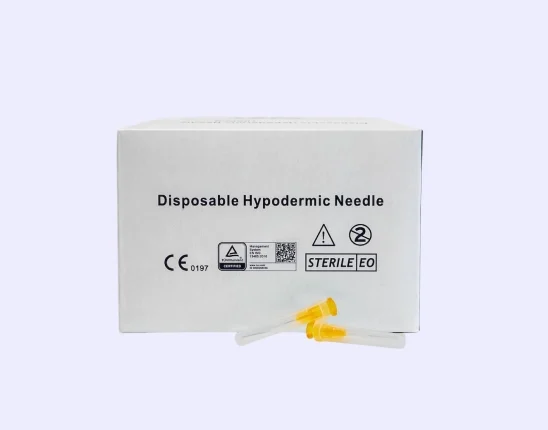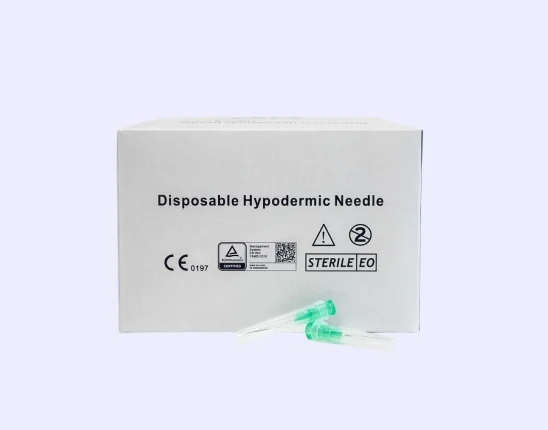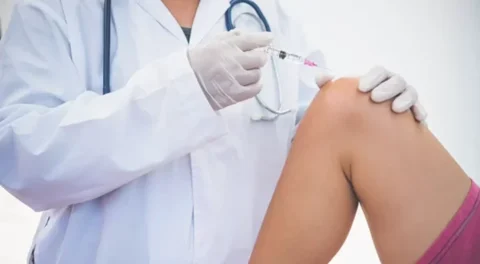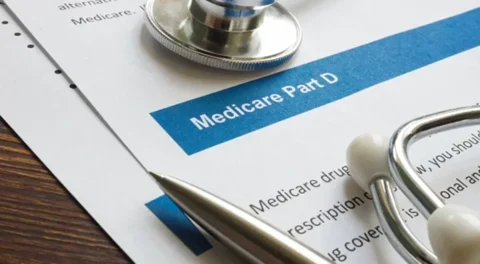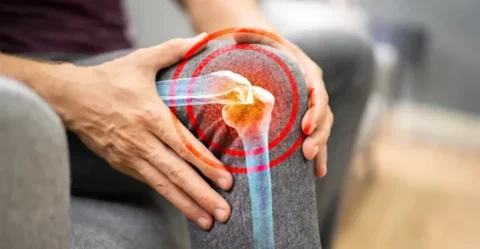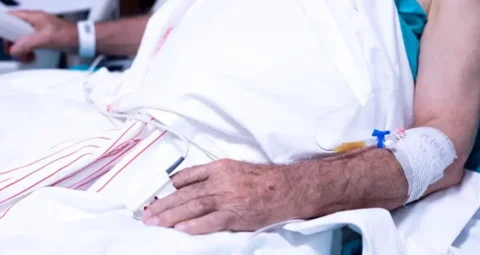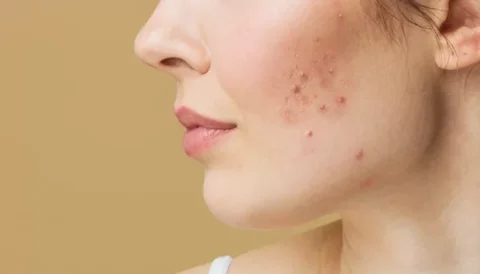Platelet-rich plasma therapy is a popular treatment used to stimulate hair growth for those experiencing hair loss conditions like androgenetic alopecia (male and female pattern baldness). However, studies suggest that the quality of your blood – more specifically, your platelets – can determine how effective PRP therapy can be for cell regeneration and repair. This is why patients with bleeding and clotting disorders aren’t recommended for patients for the procedure, as the quality of their blood may not deliver noticeable results.
So what are the best foods to eat before your PRP hair treatment to improve the quality of your blood? To produce a healthy amount of platelet-rich plasma, there are some foods, drinks, and oral medication that can either help or hinder your treatment when blood is extracted. Even after PRP is administered to your scalp, what you consume can also affect the healing process. Here’s a guide on what you should and shouldn’t consume to get the best possible outcome.
Before Your Injection
What you consume prior to your injection can affect your blood quality when it’s extracted. Ideally, you’ll want to keep a healthy diet that maintains a good level of platelets in your blood and avoid anything that can hinder your inflammation response, which is necessary for the PRP’s proteins and peptides to work and stimulate your hair follicles.
What to Eat
Here are some of the dietary restrictions to keep in mind when choosing food to eat. Avoid eating anything at least 4 hours before your appointment.
1) No-Fat Diet
Doctors recommend eating a low-fat or no-fat diet at least 12 hours before your blood is drawn. This can affect the amount of cholesterol in your blood (which can lead to poor circulation) as well as your body’s inflammatory response. Some foods low in fat include:
- Leafy green vegetables like kale, spinach, lettuce, etc. – these can also improve your platelet count
- Fruits
- Beans and legumes
- Cruciferous vegetables like broccoli, cauliflower, bok choy, etc.
- Mushrooms
- Garlic
- White, lean fish like cod (except cod liver oil), haddock, and perch – these are best baked or broiled
2) Increase Your Water Intake
Drink plenty of water at least 2 hours before your blood extraction. Ideally, you should be drinking ½ of your body weight in ounces in the days leading up to your PRP treatment. This can help you maintain a healthy heart rate and blood pressure, which can minimize your discomfort and improve your blood quality before extraction. Keeping your body hydrated can also improve your scalp by keeping it hydrated, preventing dryness that can risk brittle hair.
What to Avoid
Ideally, you should avoid most of these at least 3 days before your blood extraction to get the best results. If you are taking maintenance medication that’s part of this list, talk to your doctor or aesthetic provider to see if you’re still qualified to undergo PRP treatment for your hair.
1) Anti-Inflammatory Medication
PRP therapy works through your body’s inflammatory response, so medications that stop these can hinder the effects of your PRP treatment. This includes:
- Nonsteroidal anti-inflammatory drugs (NSAIDs) like Advil, Ibuprofen, Celebrex, etc. (For pain relief, take a low dose of aspirin.)
- Herbal medication like turmeric, garlic capsules, arnica, etc.
- Antibiotics
2) Platelet Inhibitor Medications
Antiplatelet medications prevent your blood from clotting by affecting how your platelets function. This can render them ineffective when they’re injected into your scalp. If you’re taking
medicines like Warfarin, Ticlid, Plavix, Effient, Brilinta, etc., see your prescribing physician if it’s safe to stop taking these medications. You should stop at least 2 days before your blood extraction.
3) Alcoholic Drinks
Alcohol is a blood thinner and can prevent clotting. This can affect the quality of your platelet-rich plasma when it’s extracted. Ideally, you should avoid alcohol one week before your PRP therapy, though some providers may recommend at least three days before your treatment.
On top of this, alcohol can make you more sensitive to pain. This means that extraction, injections, and the microneedling process (if you’re having microneedling with PRP done) can feel more uncomfortable than it usually is. Its blood-thinning effects can also promote side effects like bleeding and bruising.
GET MEDICAL-GRADE BLOOD COLLECTION NEEDLES AT 20% OFF WITH CODE “20OFF” ON YOUR FIRST ORDER.
Stock up on blood collection needles and other medical and aesthetic supplies with FACE Med Store. Checkout today and get 20% off your order.
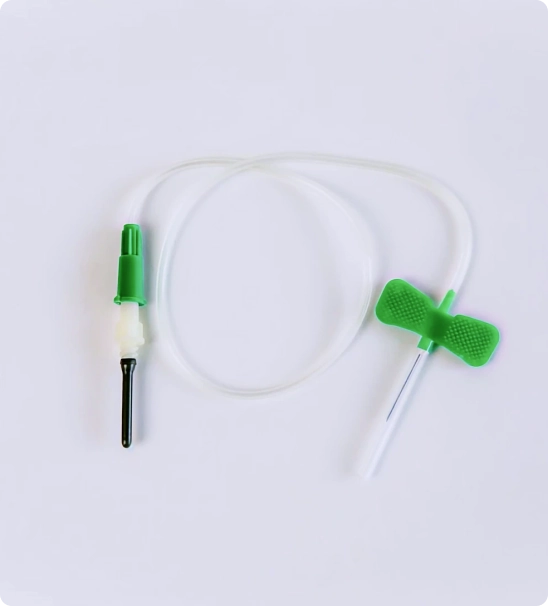
4) Fish Oil
Fish oil can reduce inflammation and can prevent blood clotting – the two functions necessary for PRP therapy. This is why doctors recommend avoiding fish oil at least 3 days before your injections. Aside from fish oil capsules, avoid fatty and oily fish rich in fish oil, including:
- Mackerel
- Salmon
- Cod liver oil
- Herring
- Oysters
- Sardines
- Anchovies
5) Sugary, Processed, and Fat-Filled Foods
You’ll want to maintain a healthy diet in the days leading up to your treatment. Processed foods rich in fat and sugar can affect your blood quality by adding too much cholesterol into your blood, producing poor circulation, and affecting your hormone levels which can affect your platelet count.
After Your Injection
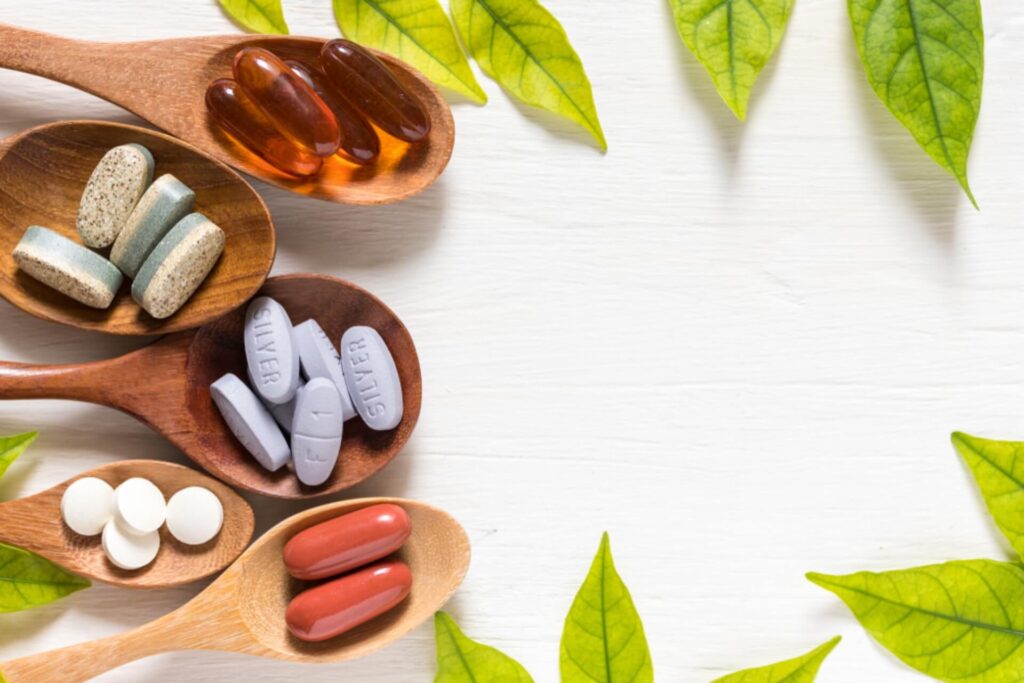
Following your treatment, what you consume can affect your healing process as well as how effective platelets can regenerate cells around your hair follicles and scalp. Inflammation is expected after treatment and should last less than one week before it subsides.
What to Eat
You should eat food rich in the following nutrients. Alternatively, consult your doctor if you can take supplements.
- Zinc – red meat, shellfish, legumes
- Magnesium – whole grains, leafy green vegetables, dairy
- Potassium – leafy green vegetables, nuts, dairy
- Sulfur – poultry & eggs, fish, nuts
- B Vitamins – dairy, organ meats (liver, kidney, etc.), fish
- Vitamin C – citrus fruits, bell peppers, cruciferous vegetables
- Vitamin D – oily fish, red meat, organ meats
- Protein – lean meat, poultry, lentils
- Fish Oil – fish oil capsules, fatty and oily fish, cod liver oil
Non-Blood Thinning Pain Relievers
In case you experience some discomfort after your treatment and need over-the-counter pain relief, you can take non-NSAID pain relievers like paracetamol. This can prevent worsening side effects like bleeding and bruising on the treatment area and the blood extraction site.
Visit FACE Med Store for Your Health, Beauty, and Wellness Needs
-
 Butterfly Needle – 23G 3/4 in. x 12 in. with sliding safety shield- Box of 100
Butterfly Needle – 23G 3/4 in. x 12 in. with sliding safety shield- Box of 100 -
 Butterfly Needle – 25G 3/4 in. x 12 in. with sliding safety shield- Box of 100
Butterfly Needle – 25G 3/4 in. x 12 in. with sliding safety shield- Box of 100 -
 CM-7S PRP Plus
CM-7S PRP Plus -
 30 Gauge 13mm (0.5 inch) Hypodermic needles
30 Gauge 13mm (0.5 inch) Hypodermic needles -
 32 Gauge 13mm (0.5 inch) Hypodermic needles
32 Gauge 13mm (0.5 inch) Hypodermic needles -
 34 Gauge 4mm (0.16 inch) Hypodermic needles
34 Gauge 4mm (0.16 inch) Hypodermic needles -
 32 Gauge 4mm (0.16 inch) Hypodermic needles
32 Gauge 4mm (0.16 inch) Hypodermic needles -
 Butterfly Needle – 21G 3/4 in. x 12 in. with sliding safety shield- Box of 100
Butterfly Needle – 21G 3/4 in. x 12 in. with sliding safety shield- Box of 100 -
 Blood Draw Needle Holder (Vacutainer) – Bag of 100
Blood Draw Needle Holder (Vacutainer) – Bag of 100
Since the results of your PRP hair treatments can be affected by the quality of your blood and its platelets, it’s best to maintain a healthy diet and lifestyle on the days leading up to your treatment. Avoid consuming anything that can affect your platelets’ clotting abilities, as this can have an effect on how well it can work. If you’re taking certain medications or want to see if PRP therapy is best for you, schedule an appointment with an experienced aesthetic doctor.
For all your health, beauty, and wellness supplies, visit FACE Med Store to find great deals on the products you need. We cater to both everyday users and businesses in the medical and cosmetic industries that want quality items at competitive prices. Find the tools you need to achieve the results you want and browse our website today.
